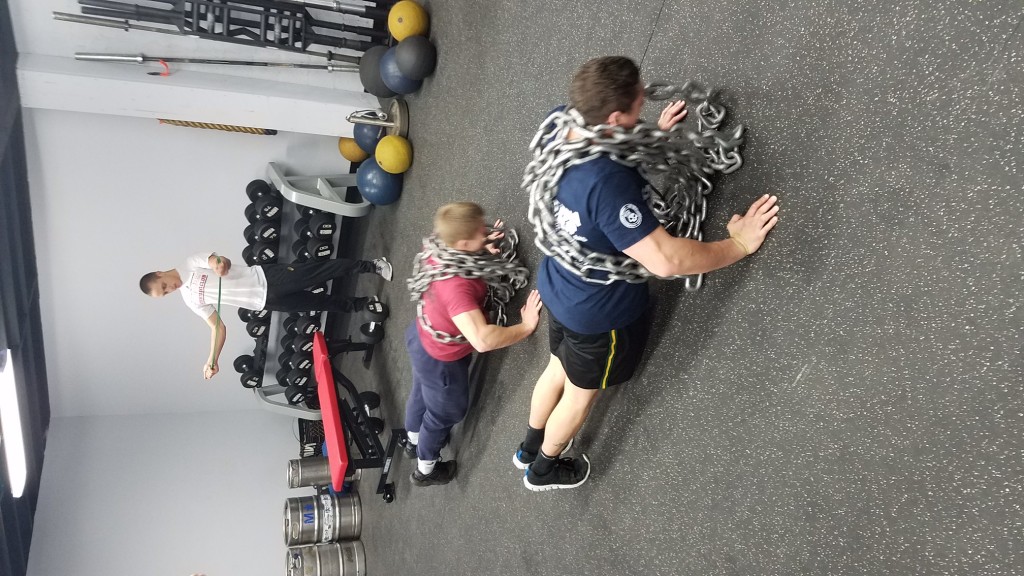East Brunswick Wrestler Achieves 100th WIN!
Mark Schleiffer of East Brunswick (Princeton Commit) texted me yesterday after getting his 100th win! Mark has been an all state wrestler throughout high school and has committed to wrestle at Princeton with his brother, Jon who was a 4 x All State Wrestler and a state champion his Senior Year. I always tell parents […]
4 Reasons Why Athletes Who Strength Train IN Season WIN MORE

Above: Ray Jaz / NYU Wrestling, Bryan McLaughin / Woodbridge Wrestling (Drexel Commit) / John Poznaski / Colonia Wrestling The Importance of Strength Training for In-Season Athletes Many athletes and their parents are quite often worried about too much stress on the body during their sports season. They are right to be concerned, but they […]
In Season Workouts & Why YOU Must Spartan UP!
I’m pretty psyched that The Underground Strength Gym was featured inside Inc. Magazine’s web site My buddy, Joe DeSena is the Founder of Spartan Race. They asked Joe to pick his favorite lessons from his podcast discussing lessons from successful people. The full article is here: http://www.inc.com/joe-desena/7-lessons-on-quitting-from-people-who-hate-to-quit.html You can also – or shall I say, […]
The BIG Importance Of In Season VS Off Season Training
A SMALL percentage of athletes can get away with NOT following through on strength & conditioning during the in season. Those athletes are HIGHLY skilled and NOT the norm. They are the top 1 or 2 %. But, for those who STOP strength & conditioning in season, there is a big drop in their performance, […]
Special In Season For Winter 2013-2014
Please Watch This Video For The Special Offer for Winter This Special Offer ENDS On Thursday, November 21st at 10 PM [youtube width=”640″ height=”360″]http://www.youtube.com/watch?v=2Jke8TJ8kJc[/youtube] These Membership Specials Will Give Your Child Membership From Dec. 1st – March 1st, 2014 1 x Week Training / Dec. 1st – March 1st, 2014 / $350 (Normally $195 / […]
What To Do When Coach Says "Don't Lift"?
Through the years, after hearing countless times from our athletes & their parents that their Coach doesn’t want them to “lift weights”, doesn’t want them to train with us, doesn’t want them to train anywhere else, etc. it starts to get annoying. After all, kids are # 1, right? At least that’s what “they” say. […]
